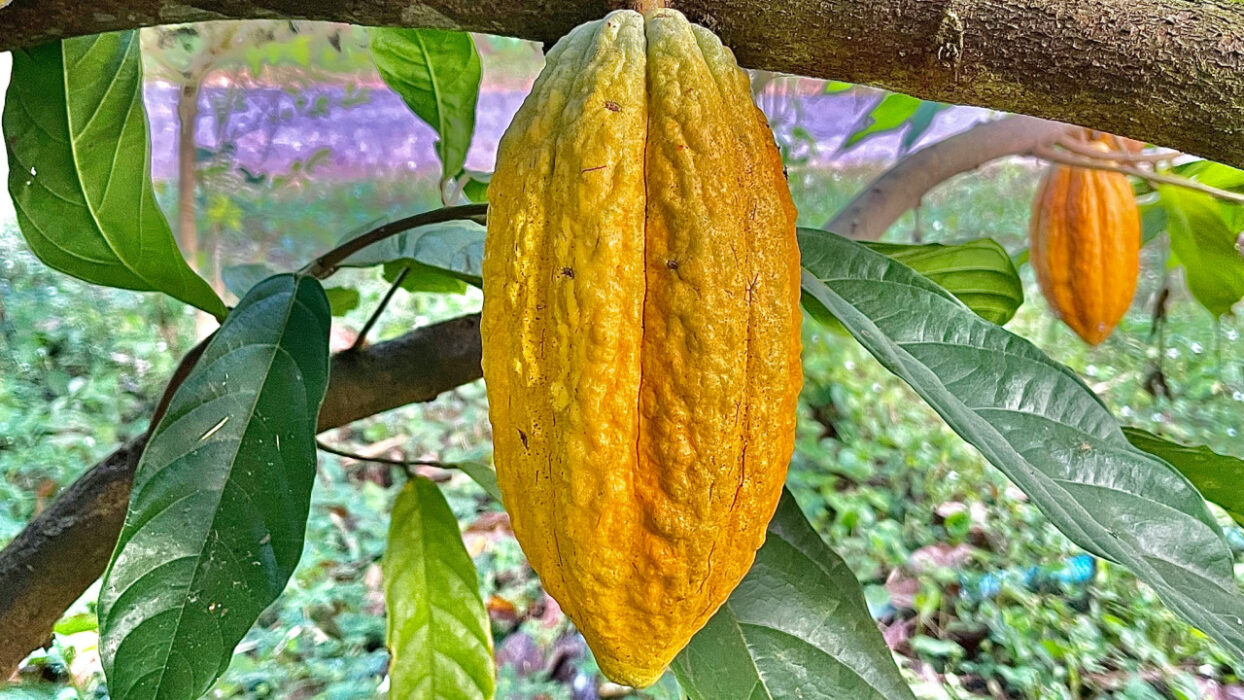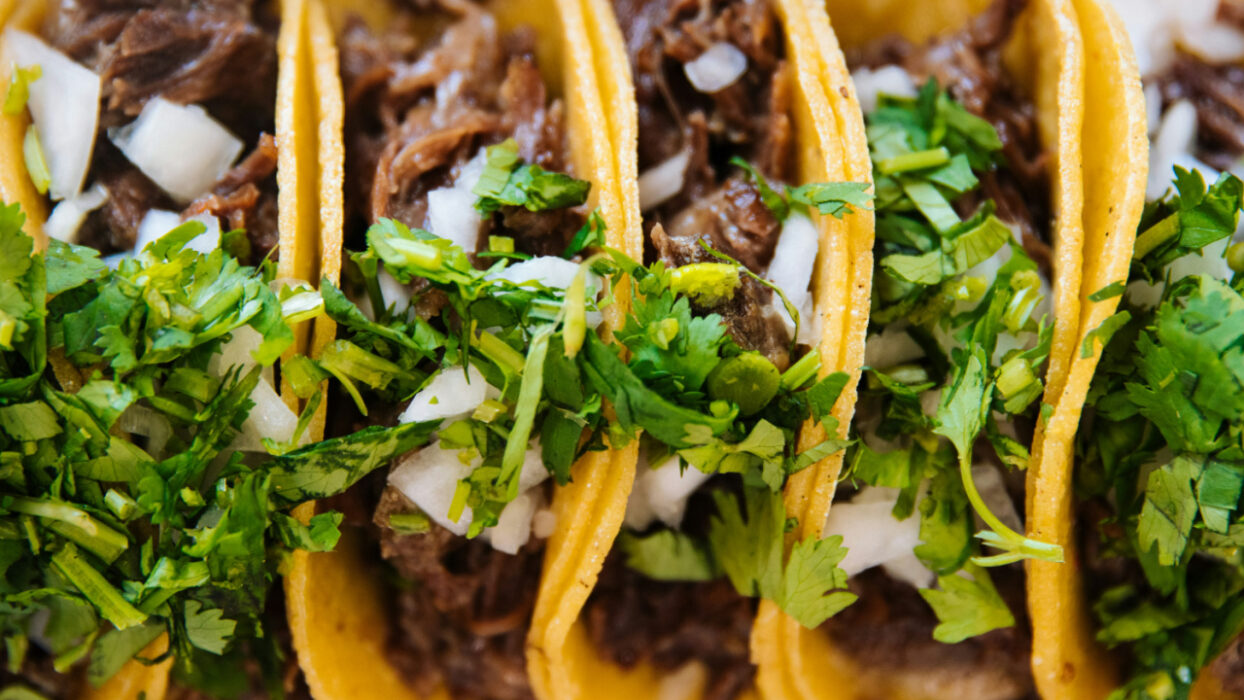
Chipotle Is Opening in Mexico—And People Have Thoughts
Imagine telling someone in Mexico they can soon try Chipotle—only to get hit with a confused look and a side of side-eye. That’s pretty much the vibe online after the California-born burrito giant announced it’s finally expanding into Mexico, with its first-ever location set to open in 2026. For a country that basically invented the food Chipotle serves, reactions are… mixed.
Why Chipotle’s Move to Mexico Is Causing a Stir
Per ABC News, Chipotle Mexican Grill is teaming up with Alsea—operator of Domino’s, Starbucks, and Burger King in Latin America and Europe—to open a location in Mexico City. It’ll mark the brand’s first expansion into Mexico in its 30-year history.
“The country’s familiarity with our ingredients and affinity for fresh food make it an attractive growth market for our company,” said Nate Lawton, Chipotle’s Chief Business Development Officer, in a company statement.
But analysts, fans, and critics aren’t sold. As Reuters noted, shares of Chipotle dropped over 3% after the announcement, while Alsea’s rose nearly 3%. Antonio Hernandez from Actinver Research warned investors that “familiarity with its ingredients does not necessarily predict success”—a hint at the very real skepticism surrounding the chain’s entrance into a country already teeming with taquerías.
Chipotle in Mexico? People Are Comparing It to Taco Bell’s Flop
Twitter users were quick to point out the irony. One user wrote, “It’s like adding Domino’s to Italy. It’s not going to work.” Others simply said, “Not real Mexican food.”
The comparison isn’t baseless. KTLA reminded readers of Taco Bell’s two failed attempts to gain traction in Mexico—first in the 1990s, then again in 2007. Locals didn’t resonate with hard-shell tacos, found the pricing off, and ultimately rejected the Americanized versions of their own cuisine. According to Food Republic, even when Taco Bell tried a different angle (adding fries and soft-serve ice cream), it just didn’t click.
So yes, Chipotle could face similar challenges, especially if it doesn’t adapt to local culinary expectations.
Chipotle’s Tariff Timing Isn’t Great
There’s another layer to this burrito. According to CNBC, the expansion news arrives just as President Donald Trump resumes his trade war with Mexico. Last week, the U.S. Commerce Department announced it’s ending a 2019 agreement on Mexican tomato imports, which will now face a 20.91% tariff starting July 14.
Chipotle imports around half of its avocados from Mexico, though they’re not tariffed yet. But the timing is awkward—trying to expand into a country your own president is economically targeting might not be the best look. Especially when part of Chipotle’s business model relies on Mexican ingredients.
Can Chipotle Win Over Mexican Diners?
Chipotle insists that its “classically-cooked real food” will resonate with Mexican guests. But chef and author George Geary isn’t so sure. He told KTLA, “Simply bringing its U.S. concept to Mexico won’t be enough. Chipotle must adapt by using deeper marinades, bolder spices, and embracing traditional slow-cooking methods to succeed.”
He also warned that limiting itself to tourist-heavy areas might make it appear like a comfort-food stop for Americans, rather than a true local option.
Why Alsea Might Be the Wild Card Chipotle Needs
Despite skepticism, Chipotle’s partner, Alsea, is well-versed in the Mexican market. As Reuters and Chipotle’s press release both confirmed, Alsea already operates Starbucks, Domino’s, and Burger King in Mexico and beyond. With more than 4,700 units in 12 countries, the company has a strong record of translating global brands into local success stories.
Alsea CEO Armando Torrado said, “We are proud to work with an iconic brand like Chipotle and help grow its international business for years to come.”
Chipotle’s Global Ambitions Keep Growing
Even if this Mexico launch flops (Taco Bell-style), Chipotle isn’t slowing down globally. According to Barron’s, the company already operates in Canada, the United Kingdom, France, Germany, Kuwait, and the United Arab Emirates. It plans to open up to 345 new restaurants in 2025 alone, with a long-term goal of 7,000 locations in the U.S. and Canada.
As ABC News reported, this all comes amid slowing consumer spending and rising supply chain costs due to inflation and tariffs—factors that could affect how this Mexico gamble plays out.
So… Will Chipotle Actually Work in Mexico?
It depends who you ask. Some see the move as tone-deaf and doomed to fail, especially in a country where authenticity matters deeply. Others think the brand’s focus on clean, fast-casual dining could find a niche if it respects local flavors and expectations.
Either way, we’re about to find out whether Chipotle can bring the burrito back home—or if it’s just another case of culinary colonization with a splash of guac.




